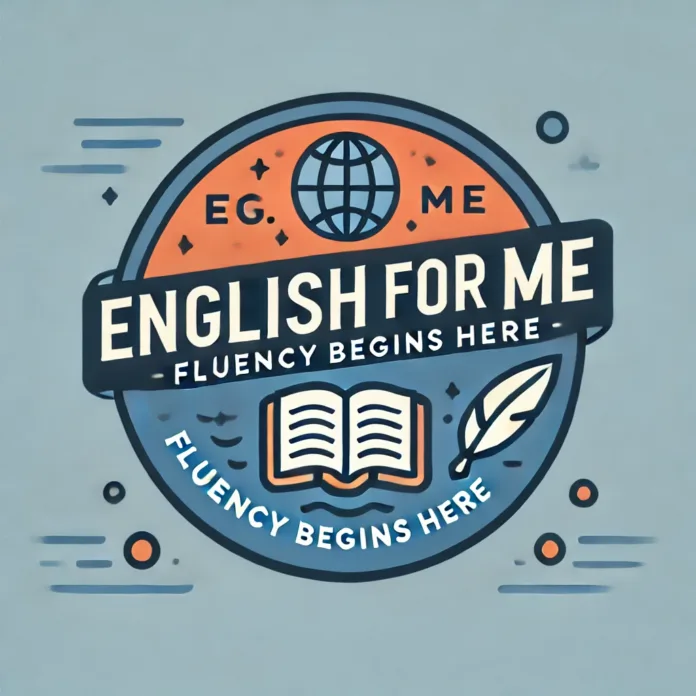In the diverse and interconnected world we live in, English has become a crucial language for communication. Whether you’re a student, a professional, or a traveler, having a solid grasp of English can open doors to countless opportunities. One of the key components of English fluency is vocabulary. In this blog post, we’ll explore essential vocabulary categories to help you improve your English speaking skills.
Greetings and Politeness
Every conversation usually starts with a greeting. Learning basic greetings and polite expressions is fundamental:
- Hello: A universal greeting.
- Hi: A casual and friendly way to say hello.
- Good morning/Good evening: Used to greet someone depending on the time of day.
- How are you?: A common way to ask about someone’s well-being.
- Thank you: Expressing gratitude.
- Please: A polite way to make requests.
- You’re welcome: A courteous response to “thank you.”
Numerals
Numbers are essential for everyday tasks, from giving your phone number to discussing prices:
- 1-100: Basic numbers.
- Thousand, million, billion: Useful for understanding large quantities.
Time and Dates
Being able to talk about time and dates is crucial for scheduling and making plans:
- Days of the Week: Sunday, Monday, Tuesday, etc.
- Months: January, February, March, etc.
- Now, Later, Tomorrow, Yesterday, Today: Expressions to discuss time.
Family and Relationships
Discussing your family and relationships helps you connect with others:
- Mother, Father, Brother, Sister: Family members.
- Uncle, Aunt, Cousin: Extended family terms.
Colors and Descriptions
Describing the world around you adds depth to your conversations:
- Red, Blue, Green, Yellow: Common colors.
- Big, Small, Fast, Slow: Basic adjectives.
Everyday Objects
Talking about everyday items is vital for practical communication:
- Table, Chair, Car, Book, Pen, Phone: Everyday objects.
- Food, Water: Basic necessities.
Directions and Locations
Knowing how to ask for and give directions is essential for travel and navigation:
- Left, Right, Straight, Near, Far, Above, Below, Next to: Directional words.
Weather
Discussing the weather is a universal icebreaker and helpful for planning:
- Sunny, Rainy, Cloudy, Windy: Weather conditions.
- Hot, Cold: Temperature descriptions.
Food and Drinks
Food is a topic that brings people together, so knowing related vocabulary is key:
- Breakfast, Lunch, Dinner: Meal times.
- Coffee, Tea, Bread, Fruit: Food and beverages.
Travel and Transportation
If you’re a traveler, knowing travel-related terms is essential:
- Airport, Train station, Bus: Transportation hubs.
- Ticket, Passport, Hotel: Travel documents and accommodations.
Emotions and Expressions
Being able to express your feelings and emotions adds depth to your conversations:
- Happy, Sad, Angry, Tired, Excited, Scared: Emotions.
Questions and Prepositions
Asking questions and using prepositions are vital for interactive conversations:
- Who, What, Where, When, Why, How: Question words.
- In, On, Under, Above, Between, Beside, With: Prepositions.
Days and Events
Discussing special occasions and events helps you connect on a personal level:
- Birthday, Holiday, Party, Meeting, Appointment: Common events.
Remember, building your English vocabulary takes time and practice. Engage in conversations, read, listen, and expand your vocabulary gradually. By incorporating these essential vocabulary categories into your learning routine, you’ll be well on your way to becoming a more confident English speaker, ready to engage with people from all walks of life. Happy learning! Watch movies to improve English.






